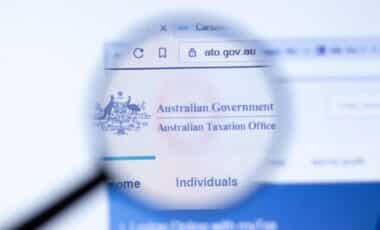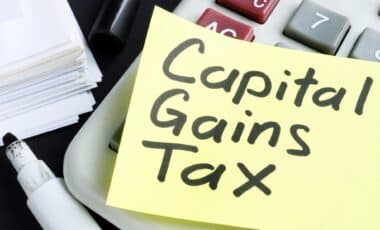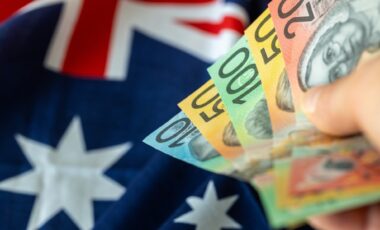Victoria’s parliament has passed a new Emergency Services and Volunteers Fund (ESVF) tax, replacing the previous fire services levy with a higher charge imposed alongside council rates.
The legislation, passed after a late-night sitting, has drawn significant backlash from Country Fire Authority (CFA) volunteers and rural landholders, who face steep increases in their emergency services contributions.
The new tax is intended to provide funding for the CFA, the State Emergency Service (SES), the triple-0 emergency call system, and the state control centre. However, many farmers and volunteer firefighters argue that the levy unfairly targets rural communities and risks undermining the volunteer emergency services sector.
Higher Costs and Volunteer Concerns
All landholders in Victoria will pay the ESVF tax, with farmers particularly affected by substantial hikes in their bills. According to the ABC, some rural property owners are facing increases of tens of thousands of dollars.
Mareeta Cox, a CFA volunteer near Harrow in western Victoria, highlighted the unfairness of the levy, stating that many volunteers, who are often farmers themselves, are being disproportionately charged. She noted that her fire services levy would rise from just under $2,000 to nearly $4,000.
Lachlan Wrigley, a third-generation CFA volunteer and farmer, announced he would cease volunteering in protest against the tax increase.
Mr Wrigley estimated his levy would rise by about $10,000 and expressed frustration at having to pay more while donating time for free. He emphasised the financial value volunteers contribute, noting the $1.8 million saved by the government during the Grampians fires due to unpaid volunteer hours.
Government Response and Ongoing Disputes
The Victorian Treasurer, Jaclyn Symes, acknowledged farmers’ concerns and said amendments were made before the vote to ease the levy increases, reducing the planned rise from 189 per cent to 150 per cent.
The government has also introduced rebate schemes for volunteers and farmers in drought-affected areas. However, these rebates require payment of the full levy upfront and apply to a single property only.
Premier Jacinta Allan stated that volunteers and drought-affected farmers would be exempt from the tax, though subsequent clarifications indicated the support is in the form of rebates rather than full exemptions. This distinction has been a point of confusion and frustration among affected communities.
The United Firefighters Union has criticised the government’s approach, describing the tax as a revenue-raising measure intended to offset state debt. Peter Marshall, the union’s Victorian branch secretary, accused the government of exploiting goodwill towards emergency services workers to address budget shortfalls.
The introduction of the ESVF tax represents a significant shift in funding for emergency services in Victoria. Its impact on volunteer morale and rural communities continues to provoke debate, highlighting tensions between government policy and grassroots emergency responders.









